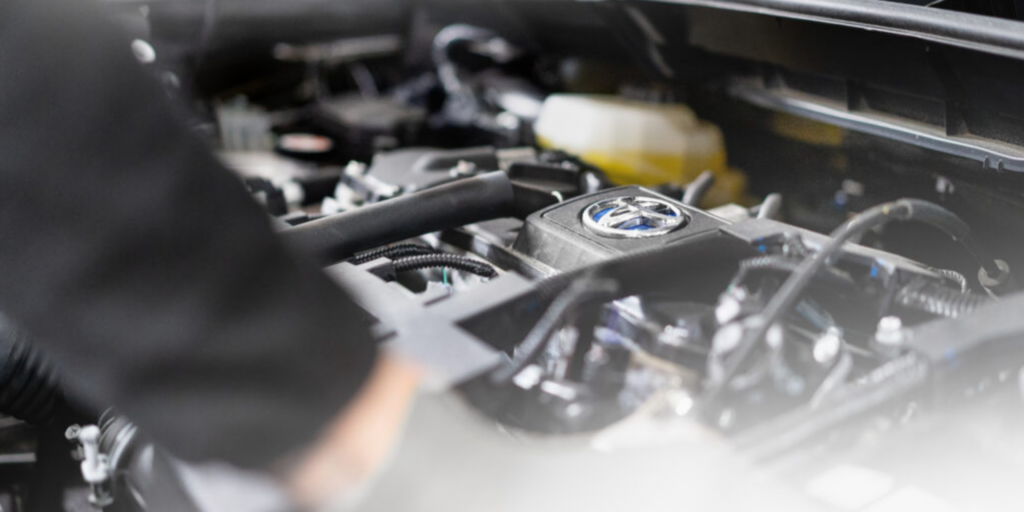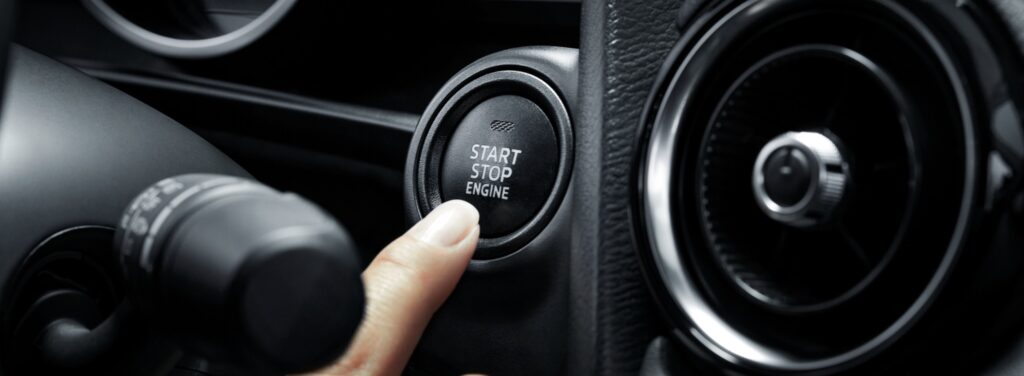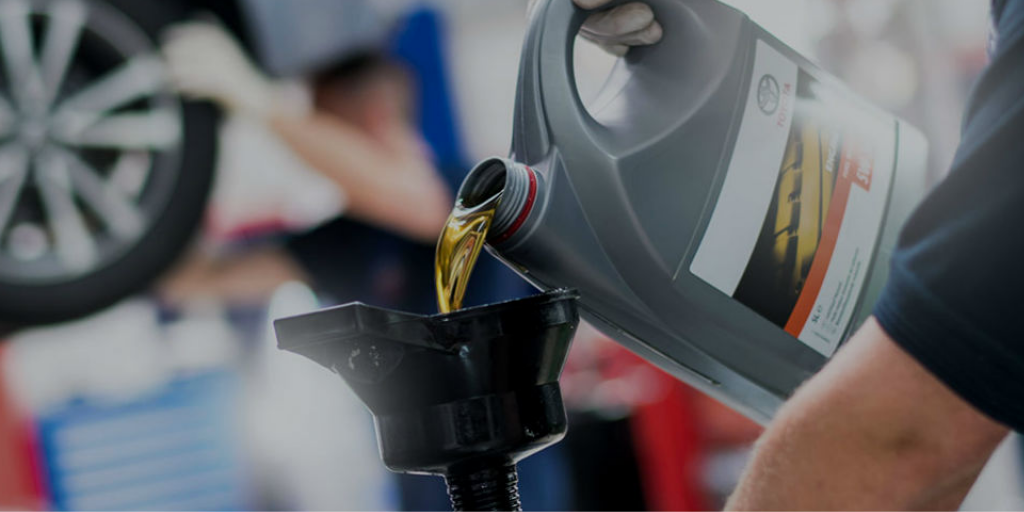Quick Answer: There are several ways to improve your vehicle’s fuel efficiency, such as driving smoothly, using cruise control, checking tyre pressure regularly, and frequent servicing, among others. Improving fuel economy helps both the environment by reducing air pollution as well as saves money in your pocket.
Table of Contents

Fuel economy is measured by the distance that a vehicle can travel per unit of fuel and is typically measured in miles per gallon (mpg) or kilometers per litre (kpl). Having an efficient fuel system in your vehicle is important for both the environment and your wallet; cars and trucks are a major source of air pollution and fuel economy is one of the key factors that determines how much pollution a vehicle emits. Additionally, fuel costs can add up over time, so improving fuel economy can save you money for the things that matter most.
While there’s no one quick fix solution to improving your car’s fuel economy, there are a number of things you can do to improve it over time. Some of these tips are simple and easy to implement, while others require more effort or investment. Nonetheless, any fuel efficient improvements will undoubtedly benefit both your wallet and your vehicle’s performance.
Here are some tips on how to improve your vehicle’s fuel economy:
Tip #1: Drive smoothly
One of the best ways to improve fuel economy is to drive smoothly, meaning that you avoid sudden acceleration and braking. When you accelerate quickly, your engine has to work harder, which uses more fuel. When you brake suddenly, you waste energy that could be used to propel your vehicle forward. This is especially important to remember when stuck in traffic, as you’re constantly accelerating and braking for short bursts at a time.
Tip #2: Maintain a constant speed
Once you have reached your desired speed, try to maintain it as much as possible, as varying your speed can also waste fuel. For example, if you are driving on a long road and have to slow down to switch lanes, try to accelerate back up to your cruising speed gradually.
Tip #3: Coast to a stop
When you are approaching a stop sign or red light, start to coast to a stop early. This means taking your foot off the gas pedal and letting your vehicle slow down on its own. Coasting to a stop can save you fuel, especially if you have a manual transmission.
Tip #4: Use cruise control
Cruise control can help you maintain a constant speed, which can improve fuel economy. However, it is important to use cruise control wisely. For example, if you are driving in stop-and-go traffic, cruise control may not be the best option. Yet, if you are travelling overland, it can come useful when driving on long, straight roads or motorways.
Tip #5: Avoid unnecessary idling
Idling is when your engine is running but your vehicle is not moving, which wastes fuel and contributes to air pollution. Try to avoid idling whenever possible. If you are waiting for someone, for example, turn off your engine.

Tip #6: Keep your tyres properly inflated
Underinflated tyres can increase rolling resistance, which reduces fuel economy. Check your tyre pressure regularly and make sure that it is at the recommended level. As a guideline, tyre pressure should standardly fall between 32-36 PSI, however it’s best to check the owner’s manual for your specific car as it does vary from model to model.
Tip #7: Use the correct gear
If you have a manual transmission, it’s vital to use the correct gear for the speed you are travelling. Use a low gear when driving at low speed and a high gear when at high speed. Using the correct gear can help to improve fuel economy significantly, as you avoid having the engine working harder to move the vehicle if on low gear and avoid over-revving at high gear.
Tip #8: Remove excess weight
The more weight your vehicle is carrying, the more fuel it will use as the engine needs to work harder to move more weight. So alongside your home’s spring cleaning, it’s good to also check your car to clear out any unnecessary items which are weighing down your car. For example, while roof boxes are very useful to carry bulky items such as bicycles or kayaks, they are often quite heavy and may drag the car down with its extra weight. A useful piece of advice for getting and using these roof racks is to plan your route ahead of time and always remove the equipment whenever it won’t be used on your journey.
Tip #9: Use air conditioning sparingly
The air conditioner system uses fuel to run, so try to use it sparingly. If you are driving in hot weather, open the windows instead of using the air con whenever possible so as to reduce your car’s fuel consumption.
Tip #10: Keep your vehicle tuned up
A tuned-up engine runs more efficiently, which can improve fuel economy. Be sure to have your vehicle serviced regularly by experienced technicians and follow your manufacturer’s maintenance recommendations. If your vehicle’s service is coming up, take it to a trusted dealership – like the Toyota dealership in Zebbug – and put your mind at rest that your car’s being taken care of.
So, improving fuel economy is a win-win for both the environment and your wallet. With these tips, you’ll be able to reduce your vehicle’s emissions and save money on fuel costs with no added hassle or costly steps!
FAQs
What are some more involved ways to improve fuel economy?
One way to improve fuel economy is by choosing a fuel-efficient vehicle. New cars typically use less fuel than older, second-hand cars, as the whole system operates more smoothly and efficiently due to modern techniques and parts. Choosing a hybrid vehicle also allows you to spend less on fuel, as the car typically relies on the battery rather than the gas engine for 50% of its driving time, thus reducing fuel usage by half. In 2023, every one out of 11 cars sold worldwide was hybrid, showing that these vehicles are slowly but surely taking over the automotive industry – are YOU ready to join the hybrid revolution?
How much money can I save by improving fuel economy?
The amount of money you can save by improving fuel economy depends on a number of factors, including the type of vehicle you drive, its mileage, your driving habits, and the cost of fuel in your area. However, even small improvements in fuel economy can save you money over time.
Is it worth investing in fuel-efficient upgrades for my vehicle?
Whether or not it is worth investing in fuel-efficient upgrades for your vehicle depends on several points, such as the cost of the upgrades, the amount of fuel you save, and the lifespan of the upgrades. Yet, some fuel-efficient upgrades such as fuel injector cleaning and air filter replacement can be relatively inexpensive and can provide significant fuel savings, highlighting the importance of regular servicing for increasing fuel-efficiency.
See More:


